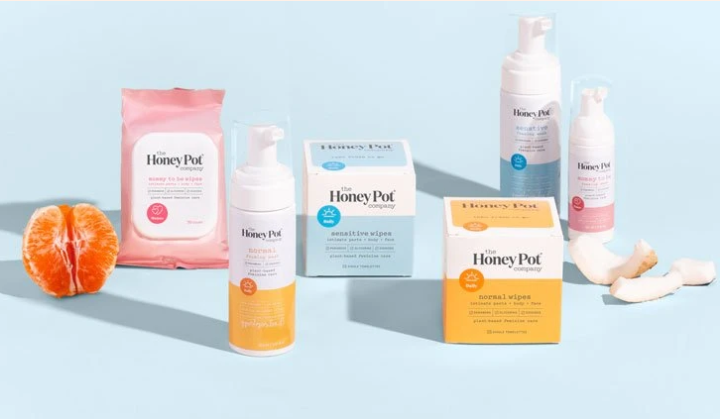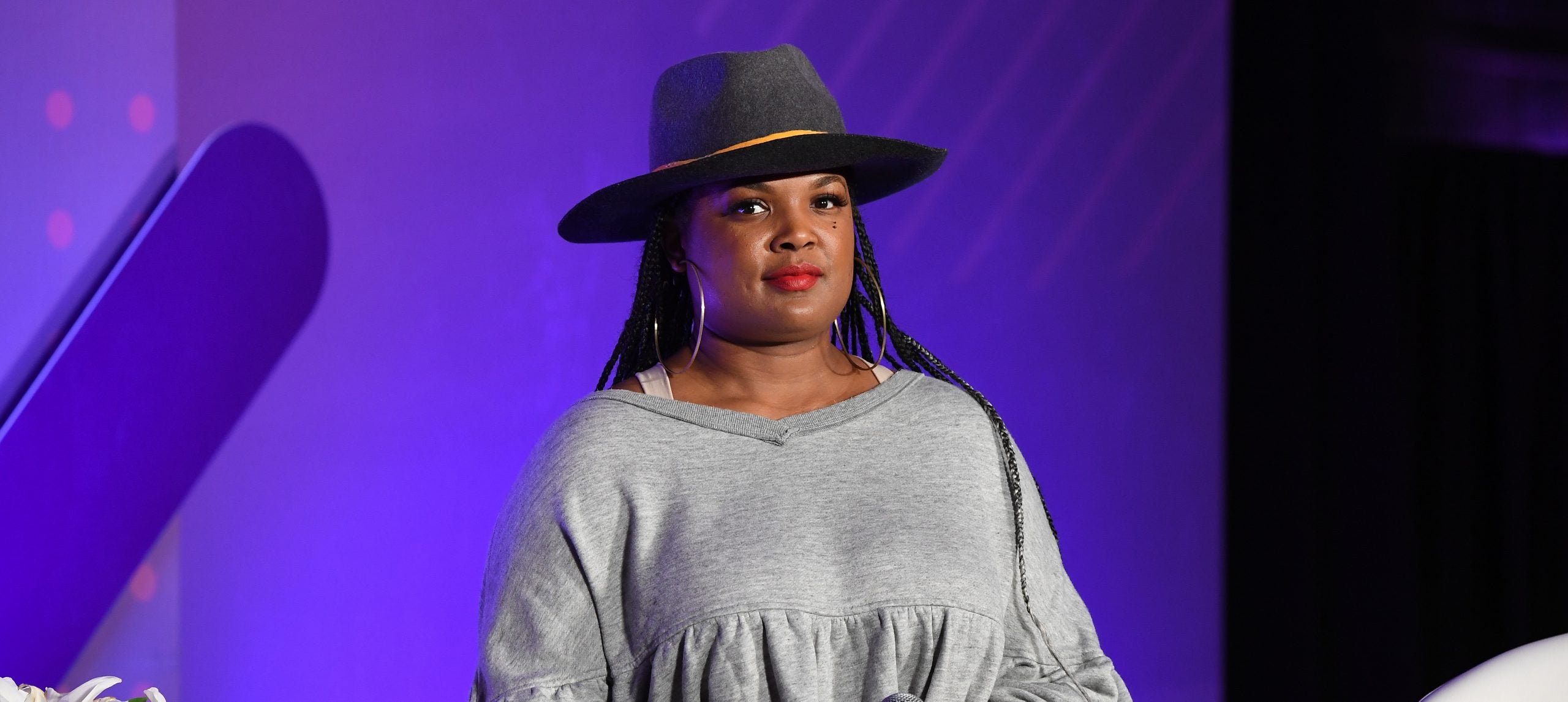
This week, Beatrice Dixon, founder of the wildly popular plant-based feminine care line Honey Pot, found herself in the middle of unexpected controversy as an online army of white women flooded the brand’s Trust Pilot page with negative reviews.
The reason? This was all in response to a 15-second Black History Month Target advertisement starring Dixon, in which she proudly states her plans to pave the way for future Black female entrepreneurs.
“The reason why it’s so important for Honey Pot to do well is so the next Black girl that comes up with a great idea, she can have a better opportunity,” Dixon is heard saying in the commercial, which was filmed as part of Target’s “Founders We Believe In” series.
“Why specify Black?” one white reviewer question on Trust Pilot, while another writes “I would have considered buying from this company if it hadn’t been for the racist commercial.”
Just before she joins ESSENCE for our first-ever ESSENCE Wellness House in Atlanta on March 7, we spoke exclusively with Dixon about accusations that she might be racist for specifying Black women in the ad. She says her products are for all women, as they’ve been marketed. However, as an entrepreneur, she saw a specific reason why Black women deserved a special call-out.
“I wasn’t necessarily blindsided [by the negative reactions], but I also didn’t have an expectation,” said Dixon, sounding calm and unbothered as always. “This was not Honey Pot’s commercial, it was Target’s commercial. It was shot during Black History Month and for Women’s History Month. They chose that particular clip for a reason. I’m here for that story and that’s why I said it. I know that there’s a huge disparity when you look at the funding of businesses. I’m always going to be a proponent of us doing what we have to do so this isn’t even a conversation. The only thing we as Black women business owners can do is make really successful businesses.”
Despite the misinterpretation of the advertisement by those quick to call Dixon racist for wanting little Black girls to succeed, she insists that wasn’t her goal. “That comment wasn’t about us being a Black-owned business and only selling to Black customers. I think we’re human and race shouldn’t even be a conversation, but it is because of the society we live in. We understand the responsibility as a Black-owned business that we have to be successful because if we’re not, we’re not doing anything for the culture to move it forward so that [race] isn’t a topic.”
If you’ve been following the Twitter chain, you’ve certainly seen supporters, Black and white, counteracting the negative reviews and tweets with positive ones. Customers are celebrating Honey Pot far and wide, vowing to buy even more of their products, and flood TrustPilot with five-star reviews. “I have a lot of gratitude for that,” Dixon said humbly.
Anyone who had plans of slowing down Honey Pot’s grind better try harder. Dixon says more products are soon to roll out, including a lavender vulva cream, boric acid and herb suppositories, menstrual cups and a panty spray. Even in light of the brand’s undeniable success, Dixon says there’s still an urgent need to fund Black-female owned businesses. According to Project Diane (a biennial demographic study about the state of Black Women Founders), only a paltry .0006 percent of $424.7 billion in total tech venture capital given out since 2009 have gone to Black women, who happen to be the fastest-growing group of entrepreneurs.
“Richelieu Dennis and New Voices Fund have increased the number that Project Diane reports on. But even if only 100 Black women have raised over a million dollars in venture capital funding, that’s still a ridiculous number when you look at all the venture capital dollars that are out there,” says Dixon. “If I had a chance to say [that statement] again, I’d still say it again. Until the disparity isn’t a disparity, it has to be talked about. I don’t necessarily expect the people making the [negative] comments to know that.”

